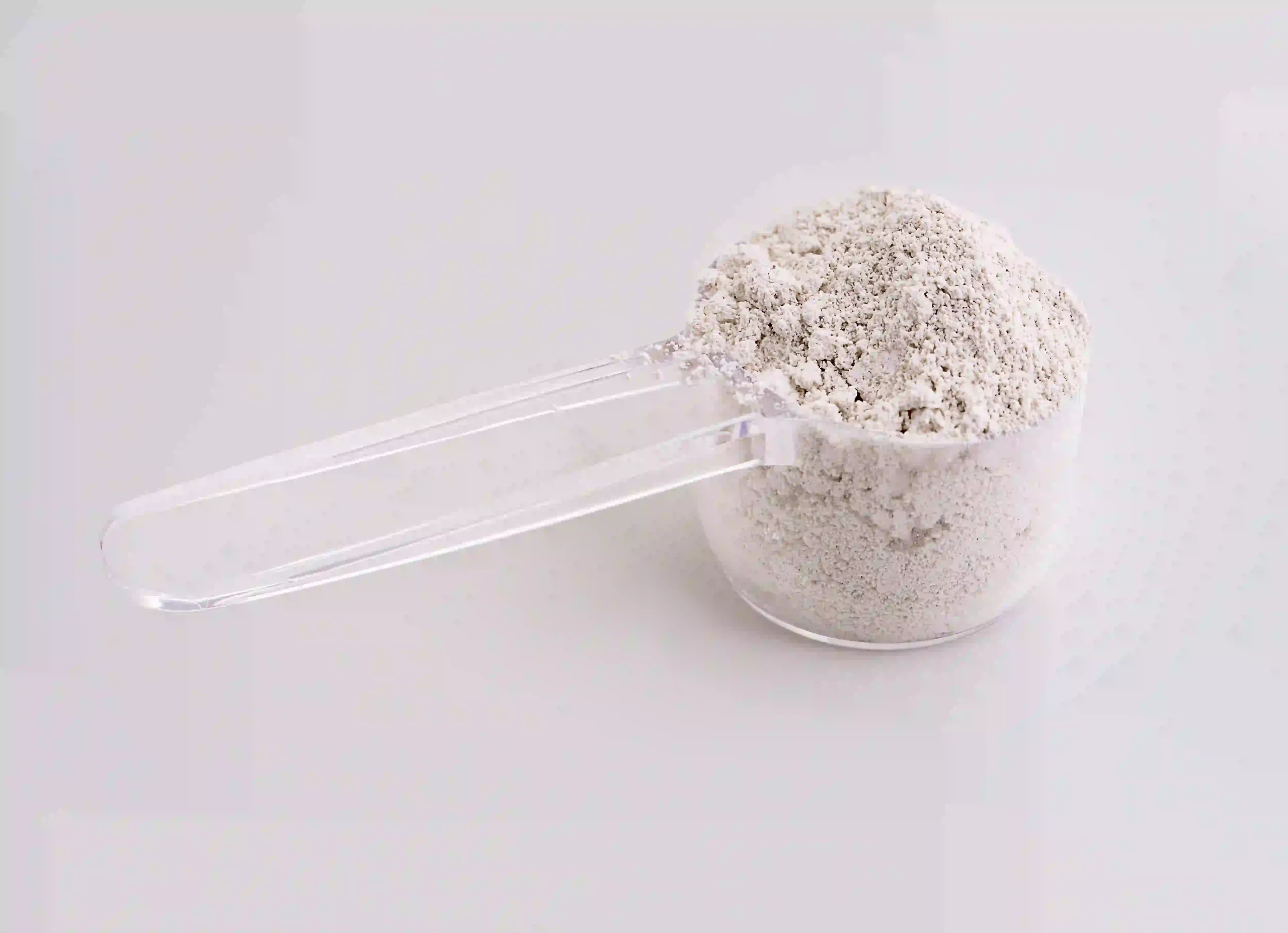FDA Grants Approval to First MSC Therapy for Steroid-Resistant Acute Graft-Versus-Host Disease in Children
In a significant advancement for cell-based therapies, the U.S. Food and Drug Administration (FDA) has given the green light to Ryoncil (remestemcel-L-rknd), a novel treatment for steroid-refractory acute graft-versus-host disease (SR-aGVHD) in pediatric patients aged 2 months and older. This approval marks a pivotal moment in the field of regenerative medicine, as Ryoncil becomes the first FDA-approved mesenchymal stromal cell (MSC) therapy.
Ryoncil utilizes allogeneic bone marrow-derived MSCs, which are harvested from healthy adult donors. These versatile cells have the remarkable ability to differentiate into various cell types and perform multiple functions within the body. The therapy’s approval underscores the FDA’s commitment to fostering innovative treatments for life-threatening conditions, particularly those affecting children.
Dr. Peter Marks, director of the FDA’s Center for Biologics Evaluation and Research (CBER), emphasized the significance of this milestone, stating that it demonstrates the agency’s dedication to supporting the development of safe and effective products that could enhance the quality of life for patients with symptoms unresponsive to other therapies.
SR-aGVHD is a severe and potentially fatal complication that can arise following allogeneic hematopoietic stem cell transplantation (allo-HSCT). This procedure, often used to treat blood cancers, blood disorders, or immune system disorders, involves replacing a patient’s stem cells with those from a healthy donor to form new blood cells. Dr. Nicole Verdun, director of the Office of Therapeutic Products in CBER, highlighted the urgent need for treatments addressing this condition, which can lead to multi-organ damage, reduced quality of life, and increased mortality risk.
The safety and efficacy of Ryoncil were evaluated in a multicenter, single-arm study involving 54 pediatric participants with SR-aGVHD post-allo-HSCT. Participants received intravenous infusions of Ryoncil twice weekly for four consecutive weeks, totaling eight infusions. The study used the International Blood and Marrow Transplantation Registry Severity Index Criteria (IBMTR) to assess baseline conditions and disease severity.
Ryoncil’s effectiveness was primarily measured by the response rate and duration 28 days after treatment initiation. Impressively, 16 participants (30%) achieved a complete response, while 22 (41%) showed a partial response. Participants with partial or mixed responses received additional weekly infusions for four more weeks.
As with any medical treatment, Ryoncil comes with potential side effects and precautions. The most common adverse reactions included infections, fever, hemorrhage, edema, abdominal pain, and hypertension. Healthcare providers must monitor infusions closely and discontinue treatment if any signs of reaction occur, such as dyspnea, hypotension, fever, tachypnea, cyanosis, or hypoxia. Patients with known hypersensitivity to dimethyl sulfoxide or porcine and bovine proteins should not receive Ryoncil, and all patients should be premedicated with corticosteroids and antihistamines prior to infusion.
Commentary by YourDailyFit columnist Alice Winters:

The FDA’s approval of Ryoncil represents a watershed moment in the realm of regenerative medicine and cellular therapies. As the first FDA-approved mesenchymal stromal cell therapy, Ryoncil not only offers hope to pediatric patients suffering from steroid-refractory acute graft-versus-host disease but also paves the way for future cell-based treatments across various medical fields.
The efficacy data from the clinical trial is particularly encouraging, with a 71% overall response rate (complete and partial responses combined) at 28 days post-treatment initiation. This high response rate in a patient population that has previously failed to respond to steroid therapy underscores the potential of MSC-based treatments in modulating the immune system and promoting tissue repair.
However, it’s crucial to note that while Ryoncil represents a significant advancement, it is not without risks. The reported adverse reactions and potential complications, including infections and infusion reactions, highlight the need for careful patient selection and close monitoring during treatment. The contraindication for patients with hypersensitivity to certain components also emphasizes the importance of thorough pre-treatment screening.
From a broader perspective, Ryoncil’s approval may herald a new era in personalized medicine. The use of donor-derived MSCs showcases the potential of harnessing the body’s own regenerative capabilities to treat complex diseases. This approach could lead to more targeted, effective treatments with potentially fewer side effects than traditional pharmaceutical interventions.
Moreover, the approval of Ryoncil may accelerate research and development in the field of cellular therapies. As the first of its kind, it sets a precedent for regulatory pathways and clinical trial designs for future MSC-based treatments. This could potentially streamline the approval process for similar therapies targeting other conditions, from autoimmune disorders to degenerative diseases.
However, several questions remain unanswered. Long-term follow-up studies will be crucial to assess the durability of response and any potential late-onset side effects. Additionally, the scalability and cost-effectiveness of this personalized treatment approach will need to be addressed to ensure widespread accessibility.
In conclusion, while Ryoncil represents a groundbreaking advancement in the treatment of SR-aGVHD in pediatric patients, it also serves as a harbinger of the potential that cellular therapies hold in revolutionizing modern medicine. As we stand on the cusp of this new therapeutic era, it is imperative that we continue to rigorously evaluate these novel treatments, balancing their immense potential with a keen awareness of their risks and limitations.



